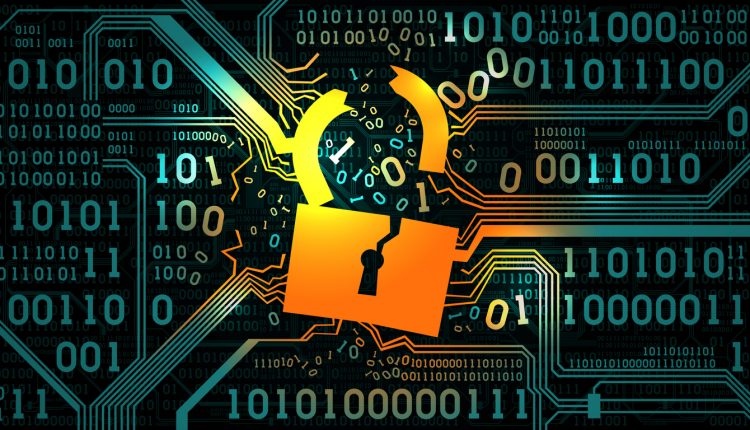
People always prize the internet and talk about endless opportunities that it offers, opportunities that are more unique than we had before its emergence. In the same breath, people complain about dangers that the internet breeds, criticizing it for making people idle, rude, and evil. This article focuses on dangers lurking in the vastness of the internet but dangers of a different kind. Apart from pernicious effects that the internet produces on our personalities, there are more palpable hazards out there, coming to us in the shape of malware that puts the security of our computers at risk. These are not moral and ethical dangers but digital ones.
What is particularly disturbing about a digital type of danger is that it takes a variety of shapes, guises, and sizes. Our computers can be infected by such harmful software as adware that destroys our browser, spyware that obtains covert information from us, and a host of viruses. In what follows, we are elaborating on two malware that endanger our computers. And because it is unwise to talk about malware and viruses without mentioning a weapon against them, we are also explaining what antivirus software program is and how it protects our computers. We are not discussing what the best antivirus is but we aim to convince you that this software is indispensable, since it is preserves you from various disasters rampant on the internet.
The most serious threats to our computers are posed by such viruses as Trojans and worms. These viruses are damaging but they damage your computing devices differently.
Trojans are duplicitous. A person who named the virus after the historical Trojans probably conceived of it as a kind of revenge on the sack of Troy. Now it is not the Greeks but the Trojans whose amicable veneer masks dangerous weapons. The Greeks of the Bronze Age once built an enormous wooden horse and brought it to the gates of Troy, which they had unsuccessfully been trying to conquer for ten years already. Traitors among the Trojans opened the city’s gates and brought the wooden horse in. Inside the horse were hidden the armed Greek warriors who immediately sprang out and started the massacre of Troy’s citizens. Malware called Trojans behaves in a similar nasty fashion. Trojans look like friendly apps but once you let them in your computer, they begin to destroy it, damaging your sensitive data.
Trojans are usually employed by cybercriminals and hackers who want to gain access to your system. As a rule, cyber thieves trick people into loading and executing Trojans on their system by some form of social engineering. When you activate the mendacious app, it can enable hackers to spy on you, steal your personal data, and even access your system through a backdoor. Trojans can delete, block, copy, or modify your data. They can also disrupt the performance of your computer. The only good news about Trojans is that they cannot replicate.
What can replicate is computer worms. This malware is so named after real marine ribbon worms boasting the capacity to regrow severed heads and brains. There are enough species in nature that can regrowth their lost body parts: sea stars, hydras, fish, frogs, salamanders, spiders, and worms. But only five species of worms can regrowth brains and entire heads. Malware computer programs called worms are also endowed with regenerative power. When they get inside your computer, they start replicating themselves and even spread to other computers. But unlike real worms, these malware programs do not use their replicating abilities to save their lives. They replicate in order to threaten the life of your computer.
Computer worms spread in one of the following ways: through files sent as email attachment, a link to a web or FTP resource, a link sent in an ICQ or IRC message, or peer-to-peer file sharing networks. Some computer worms spread as network packets, penetrating your computer’s memory and activating a worm code. This malware can harm the network by consuming bandwidth or slowing down the processing of your computing device. It usually exploits network configuration errors or loopholes in operating system and application security. In the worst-case scenario, computer worms can destroy your hardware. They also use more than one way to spread copies through networks.
To protect your computing devices from Trojans and worms, you need to install an antivirus software program. Antivirus is a software program designed to prevent, detect, and remove malware infections on PCs, networks, and IT systems. Although originally antiviruses were designed to detect and remove viruses from computers, now they protect against various digital threats. In addition to shielding your computer against Trojans and worms, antivirus software can also guard you against keyloggers, browser hijackers, rootkits, spyware, adware, ransomware, and botnets.
Running as a background process, antivirus scans computers or mobile devices to detect malware and prevent it from spreading. Some antivirus programs include real-time threat detection, which allows them to identify potential vulnerabilities as they occur. Antivirus software also often has system scans that monitor devices or files and search for probable risks. When antivirus detects malware, it usually removes it automatically. But some antivirus programs notify you of infections and ask your permission to clean the files.
To protect yourself from malware well, you need to install an antivirus software program on all your devices, be they PCs, laptops, Macs, and smartphones. It is also recommended that your antivirus receives regular updates, if you want to be protected against the latest threats appearing on the internet.

